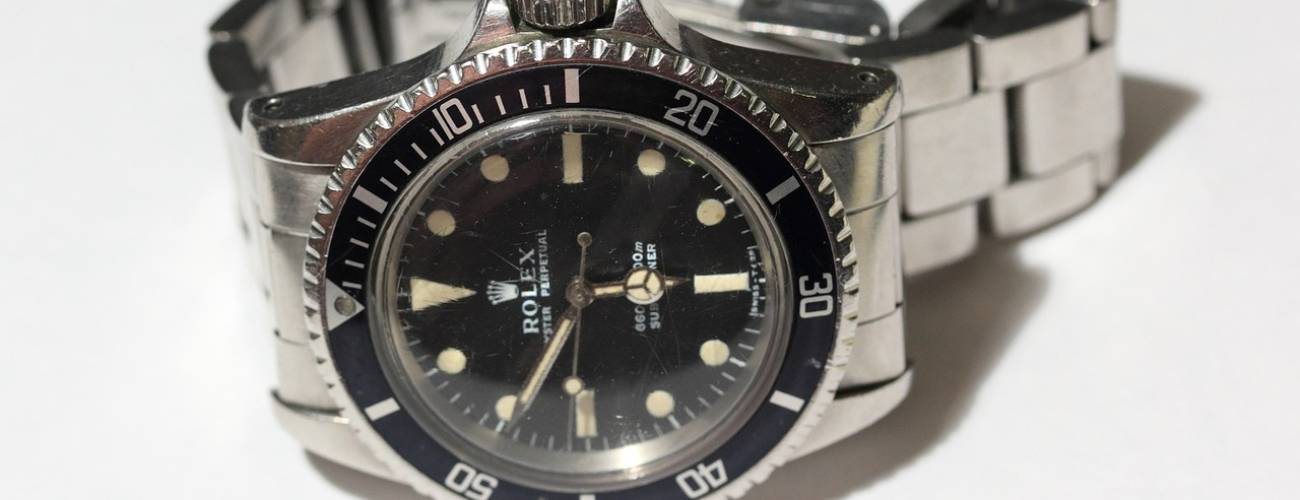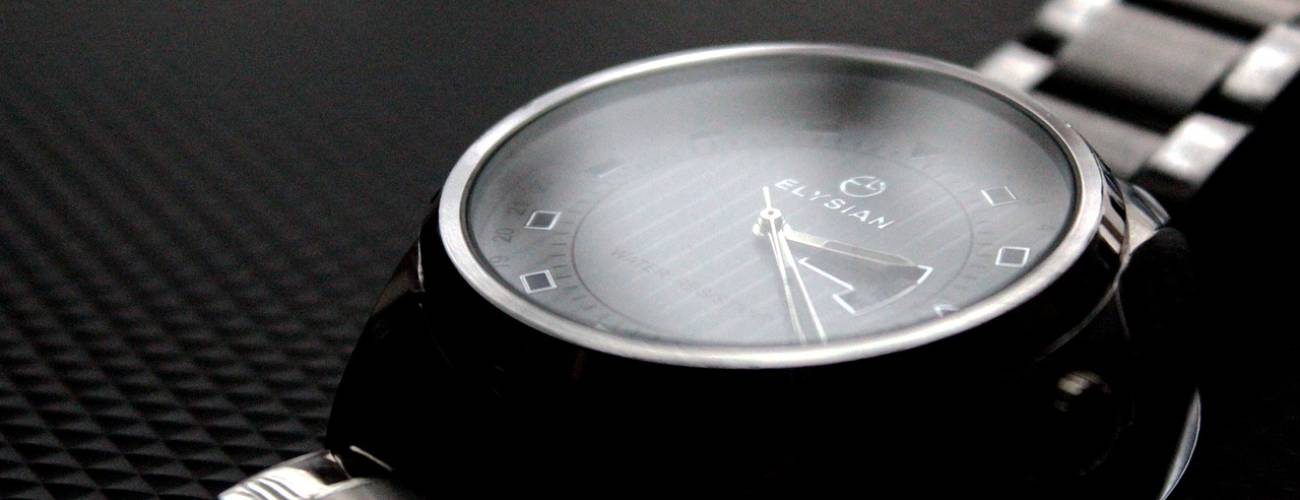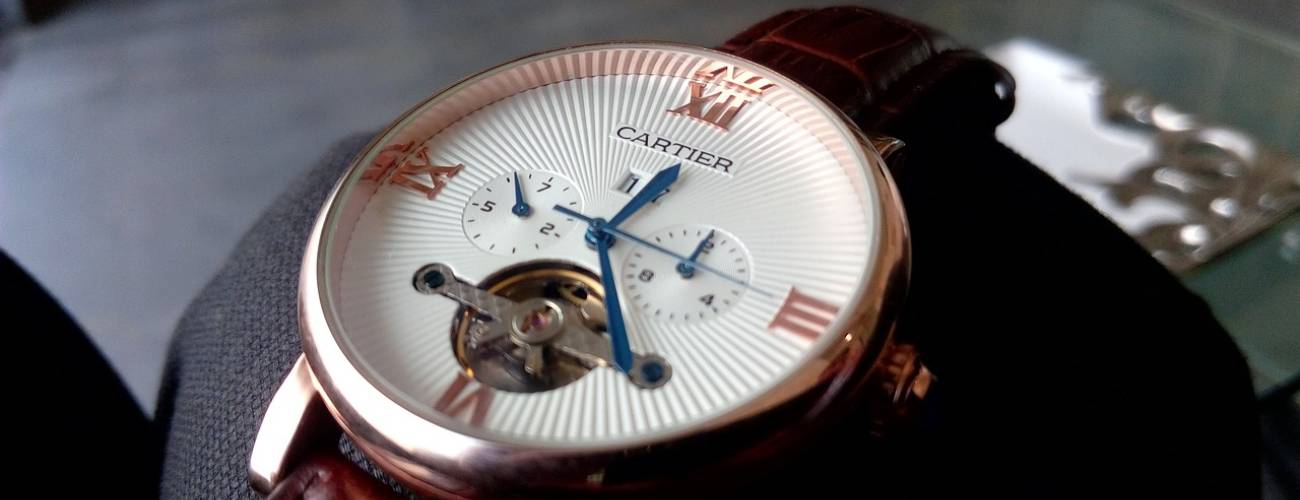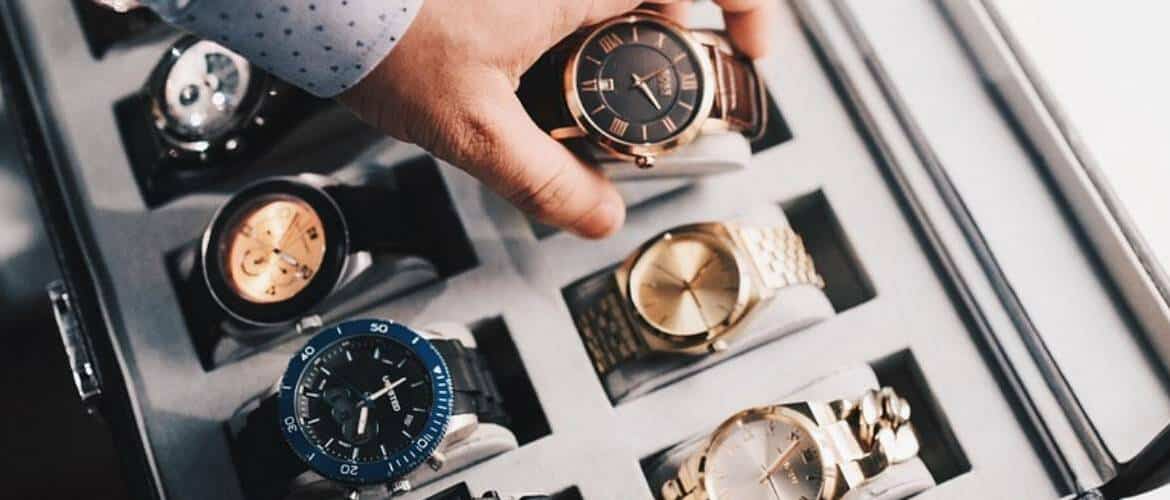How To Guarantee A Good Price For Your Watch
Are you looking to sell your luxury watch? With the correct knowledge and approach, you can ensure that you get the best price for your timepiece. This comprehensive guide will shed light on the factors affecting your watch’s price and will offer effective strategies to help you get a fair return on your investment.
Factors That Affect a Watch’s Price
Brand and Model
The brand and model of your watch play a significant role in determining its value. Renowned brands such as Rolex, Patek Philippe, and Audemars Piguet generally hold their value exceptionally well, while others may depreciate over time. Likewise, certain models, particularly limited-edition ones or those associated with famous personalities, can be more valuable than their standard counterparts.
Condition
The physical and mechanical condition of your watch is paramount when assessing its value. A timepiece in mint or near-mint condition will invariably fetch a higher price compared to one with noticeable signs of wear or damage. Furthermore, a watch that functions correctly without any mechanical issues is more likely to attract potential buyers.
Rarity
Rare watches or those that have a limited production run often command a higher price due to their collectability. Some buyers specifically hunt for rare, discontinued, or vintage pieces to add to their collections, making these watches more desirable and thus, pricier.

Provenance
The history of your watch can influence its price. Watches owned by celebrities or those associated with historical events can significantly appreciate value. Moreover, a well-documented service history showing regular maintenance can be a big plus, as it demonstrates the watch has been well cared for.
How To Guarantee a Good Price for Your Watch
Keep Your Watch in Good Condition
Regular maintenance is essential to keep your watch in good working order and preserve its value. This includes professional servicing every few years, where a skilled watchmaker can clean, lubricate, and adjust the movement to ensure optimal performance. Regular check-ups for water resistance, especially for diving watches, are also crucial.
Investing in minor cosmetic repairs such as polishing the case or replacing a scratched crystal can greatly enhance the watch’s appeal. Remember, however, that over-polishing or improper repairs can negatively impact the value, especially with vintage pieces. Always use reputable service providers who specialise in your watch’s brand or type.
Even simple habits like wiping your watch clean after use, avoiding exposure to harsh chemicals or extreme temperatures, and storing it properly in a watch box can prevent unnecessary wear and tear, preserving both its appearance and function.
Save Your Original Packaging and Documentation
Holding onto the original packaging, warranty cards, manuals, certificates of authenticity, and even the purchase receipt adds value to your watch. These materials demonstrate that the watch is genuine and has been well cared for. They also provide a connection to the watch’s history, which can be particularly appealing to collectors.

Suppose you’ve had your watch serviced. In that case, it’s a good idea to keep all related paperwork, as this can show potential buyers that the watch has been properly maintained. Even if you’ve lost some of this documentation, it may be possible to obtain duplicates from the watch manufacturer or retailer, though there may be a fee involved.
Know the Market
Understanding the current market trends for watches is vital for getting the best price for your timepiece. Research the prices of similar models on different platforms to gauge the going rate for your watch. Consider seasonal factors that may affect demand, such as holidays when luxury items tend to sell better. Subscribing to watch magazines, following watch blogs, and joining watch forums can provide insights into the current state of the market.
Additionally, be aware of any upcoming releases from the watch brand or changes in the industry that might influence your watch’s value. For example, if a brand is about to release a new model, it might either increase interest in the previous models or make them less desirable.
Get an Appraisal
Obtaining a professional appraisal can not only give you an accurate understanding of your watch’s worth but also provide a credible reference for potential buyers. An appraiser will consider all relevant factors such as brand, model, condition, rarity, and provenance, and provide an unbiased valuation.

Make sure to use a reputable appraiser familiar with your specific type of watch. Ask for a detailed report, ideally with photographs, as this can serve as a valuable sales tool. While appraisals typically cost money, the investment can be well worth it, both in terms of setting a fair price and instilling confidence in potential buyers.
Set a Reasonable Price
Based on your market knowledge and the appraisal, set a fair asking price for your watch. While you want to get the highest return, setting a price too high could deter potential buyers. Conversely, pricing it too low might result in a quick sale but a lower return on your investment.
Consider leaving some room for negotiation. Many buyers expect to haggle and will appreciate the opportunity to feel they are getting a deal. But also be clear with yourself about the minimum price you are willing to accept, so you don’t end up regretting the sale.
Negotiation Tips
Do Your Research
Know the value of your watch. This not only prevents you from underselling but also provides a benchmark during negotiations.
Be Patient
Securing a good price can take time. Don’t rush into the first offer you get unless it meets your expectations.
Be Willing to Walk Away
If an offer doesn’t meet your valuation, be prepared to walk away. Holding your ground can lead to a better offer down the line.
Conclusion
In conclusion, securing a good price for your watch involves meticulous maintenance, preserving original documents, understanding market trends, getting a professional appraisal, setting a reasonable price, choosing the right platform to sell, and effective negotiation. Patience, research, and an appreciation of your timepiece’s true worth are your keys to success.
Frequently Asked Questions
How Do I Know If My Price Is Fair?
Determining a fair price for your watch involves a balance between objective valuation and market trends. Having your watch professionally appraised will give you an unbiased evaluation of your watch’s worth, taking into account its brand, model, condition, rarity, and provenance. An appraiser will consider all these factors and provide you with an estimated value.
However, the market can sometimes deviate from this estimated value. Popular models or brands may command prices above their appraised value, while less desirable ones may struggle to reach their appraised price. Therefore, it’s essential to do your own market research. Look at the prices of similar watches on various platforms to get a sense of what buyers are willing to pay. This combination of professional appraisal and personal research will help you to set a fair price for your watch.
How Do I Negotiate Effectively?
Effective negotiation starts with being well-informed. You should have a clear understanding of your watch’s value and the price you’re willing to accept. If you’ve done your research, you’ll be able to explain why your watch is priced as it is, which can be persuasive to potential buyers.
Patience is also a key factor in negotiation. Securing a good price may not happen immediately, and it’s okay to wait for the right offer. Don’t feel pressured to accept a lower price just to make a quick sale.
Lastly, be prepared to walk away if the negotiation isn’t going in your favour. If a buyer is not willing to meet your minimum price, it’s often better to wait for another buyer rather than settle for less than your watch is worth.
Should I Repair My Watch Before Selling?
This depends on the nature of the repairs and the value of the watch. For high-end watches, professional servicing or minor repairs that address aesthetic or functionality issues can improve the watch’s appeal and hence its selling price. However, extensive and costly repairs may not provide a good return on investment, as the increase in the selling price may not cover the cost of the repairs.
It’s also important to note that some collectors prefer to buy watches in their original, unaltered condition, even if that means accepting some minor damage or wear. It might be worth consulting with an expert or potential buyers before undertaking any significant repairs.

